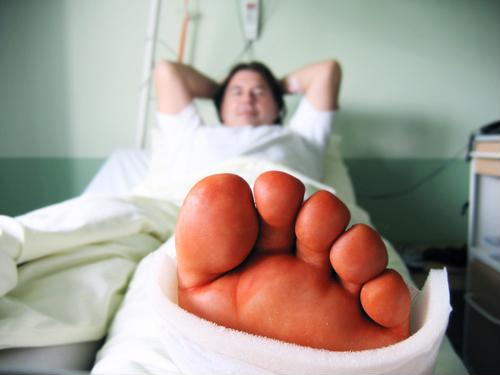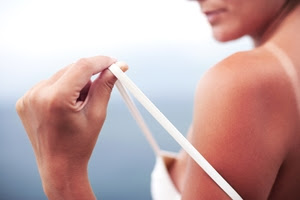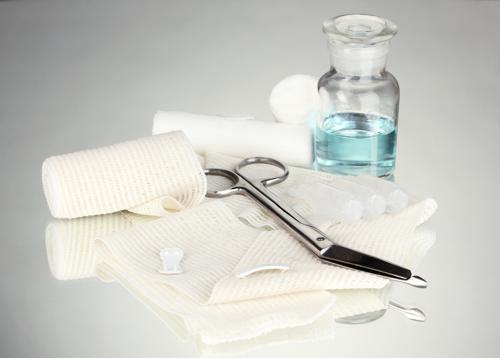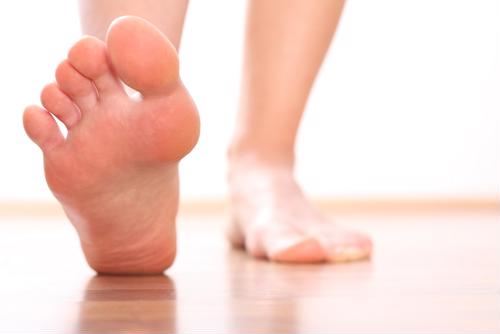Skin maceration is a condition that’s fairly common. If you’ve ever spent a long period of time swimming or soaking in a tub, you’ve probably noticed the skin’s soft, whitish, wrinkled appearance that results. In simplest terms, it’s oversaturated skin caused by prolonged exposure to water or moisture. In ordinary circumstances like bathing, it’s rather harmless and not a problem. When macerated skin occurs around wounds, however, you need to take steps to avoid further complications.
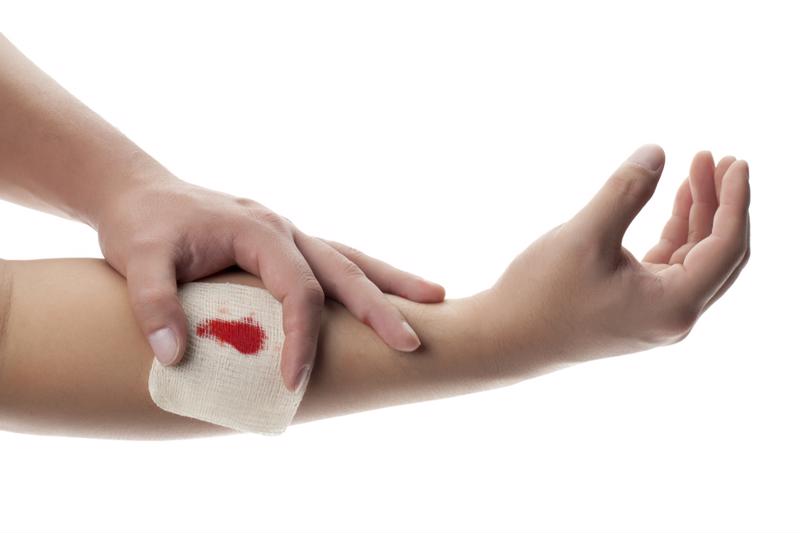 Skin maceration is oversaturated skin caused by exposure to moisture, which can lead to complications if left untreated.
Skin maceration is oversaturated skin caused by exposure to moisture, which can lead to complications if left untreated.How does maceration happen?
In addition to swimming and bathing situations, maceration can also occur as a result of:
- Excessive sweating.
- Urinary incontinence.
- Wading or working in water without protective gear.
- Not changing wound dressings often enough.
- Extended bed rest, especially while recovering from surgery.
- Occlusive therapy using films or other nonbreathable, nonporous materials like latex that keep a wound dressing watertight and protected from exposure to air so as to prevent infection.
Signs of trouble to watch out for
When skin maceration occurs in connection with slow-healing wounds, bed sores, ulcers, third degree burns or other health concerns, here are some symptoms to be aware of:
- A moist, spongy wound.
- Visibly wrinkled, pale white skin.
- Rash or red patches.
- Itching, burning or pain.
- Unusual swelling around the edge of a wound.
- Thick, foul-smelling discharge.
If you notice any of these happening, talk to your doctor or health care professional as soon as possible, describing your symptoms so that your provider can make adjustments to your treatment plan.
How to treat maceration
In general, it is always important to contact your doctor if you have any questions or concerns, but here are a few at-home solutions for treating skin macerations.
- Using sterile gauze pads, clean excess fluid from the wound.
- Rinse the wound using a clean syringe filled with sterile water to remove any accumulated pus or oozing matter.
- Apply just a small amount of Bacitracin, Neosporin or a similar antiseptic/anesthetic cream or spray, covering but not smothering the wound.
- Re-cover the wound with a breathable bandage.
- Every four hours, recheck the wound, replacing the bandage and cleaning up any additional pus or ooze.
- If the condition of the wound worsens and infection develops, get medical assistance immediately.
Preventing maceration
Many instances of skin maceration don’t require anything more than a little fresh air to dry the skin. When the skin is broken, it’s better to have air circulating around the wound rather than keeping it bandaged once a scab has formed. One precaution you’ll want to take, however, is to recover the wound to keep it germ-free if you plan to be at work or do any manual labor.
If you need wound care supplies, talk to your doctor about Innovative Outcomes and get your prescribed products delivered straight to your front door.


